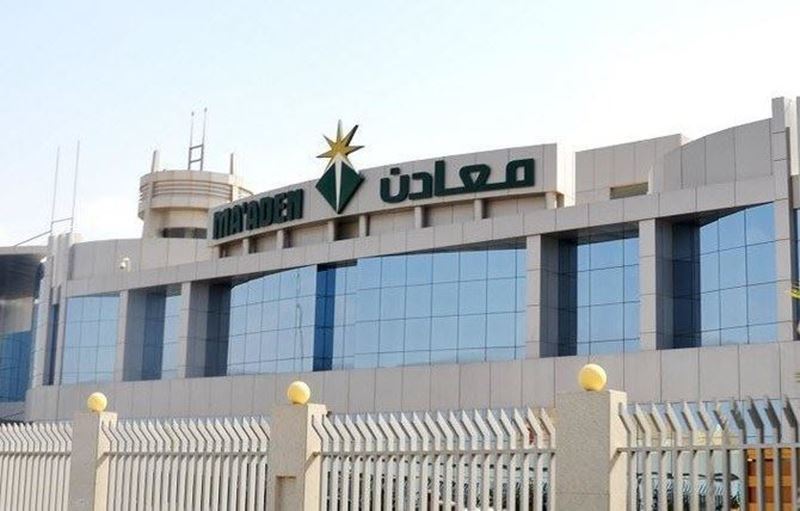Syria is one of the largest importers of steel from Türkiye and Iran in the Middle East. However, the demand for steel products is expected to decrease with the increasing troubles in Syria. A significant portion of Iran's steel exports were destined for Syria. In this case, product prices in the export sector are expected to fluctuate.
Until the formation of the new government in Syria, traders are not allowed to transfer foreign currency. In recent years, some of Iran's steel exports have been going to Syria as well as Iraq. However, due to the current circumstances, the Syria-Iran economic corridor has been disrupted. This development has severely affected the Iranian steel market, hampering export targets.
A USD 500 million export deal to Syria was planned, but this is now in uncertainty. Despite the opening of the Iraqi transit route this year, Iranian traders still send their goods to Syria via the Turkish port of Mersin or the Iranian port of Bandar Abbas. However, shipments from Bandar Abbas to Latakia are expensive due to long journeys.
On the other hand, there are also problems in money transfers from Syria to Iran. Traders are not allowed to export foreign currency until the formation of the new government in Syria. This process, combined with the current political and economic atmosphere dominating the Iranian steel market, creates high risk and uncertainty. This situation has led to an increase in iron prices in recent days.
However, the prospect of Syria's rebuilding could open up new opportunities for Iranian iron and steel exporters. Although this process will take time, large-scale economic strategies will need to be planned and implemented.
For years, Syria's steel production centres met both domestic demand and regional export needs. However, since the crisis in 2011, Syria's steel industry has suffered a severe decline. Many mills have closed or continue to operate at half capacity. Syria, which has been struggling with civil war for more than a decade, has now entered a new phase of crisis. This situation has a major impact not only for the politics and security of the Middle East, but also for important economic sectors such as the steel industry.
The fall of the Bashar al-Assad government has raised many questions about the country's future and its relations with Türkiye and Israel in particular. The steel industry, once the backbone of the Syrian economy, is now heavily affected by political and economic changes.











Comments
No comment yet.